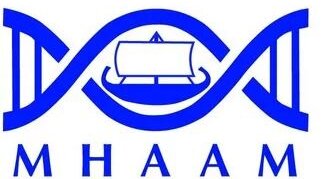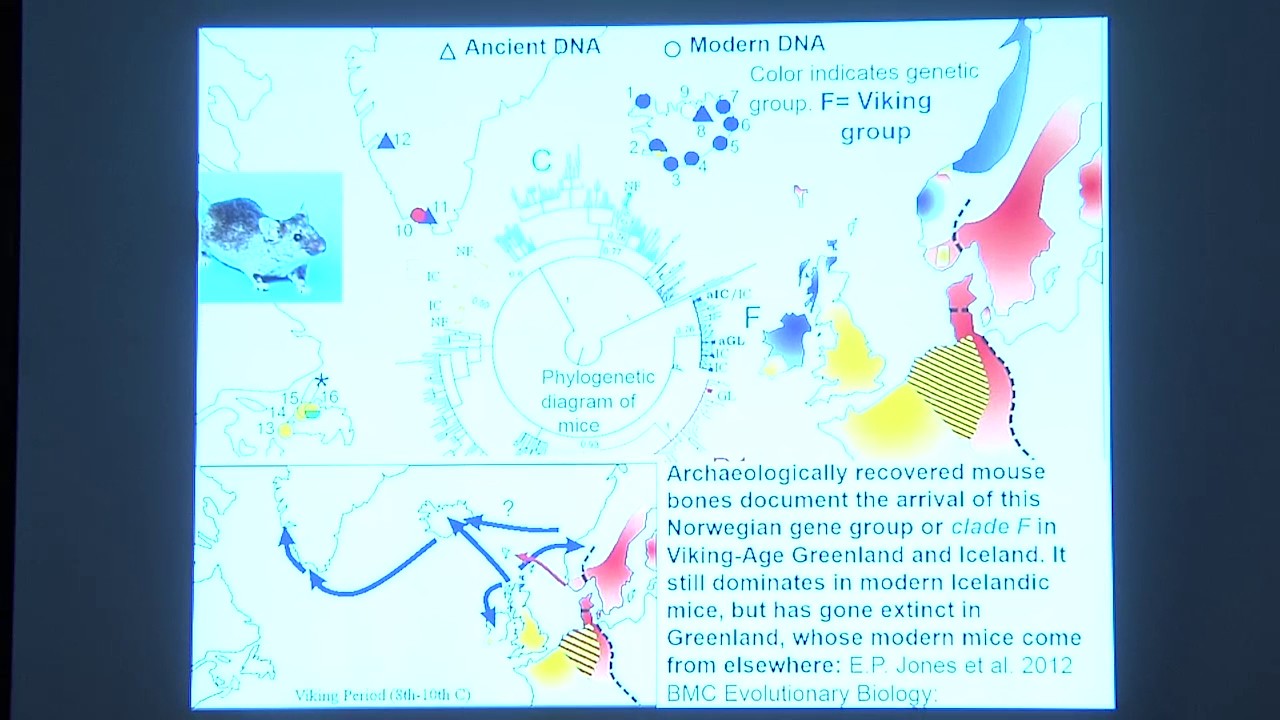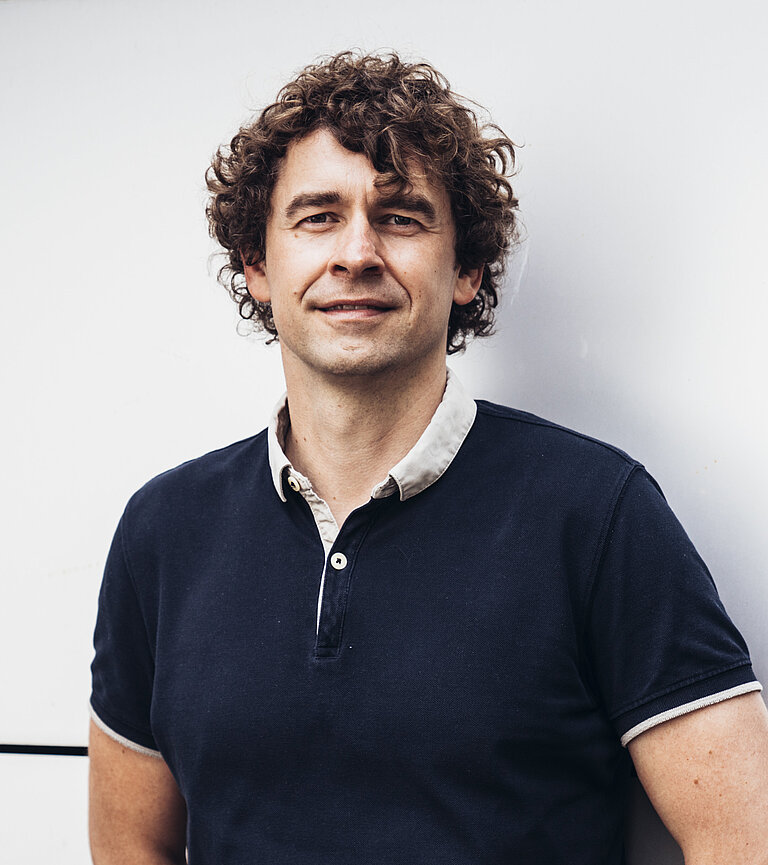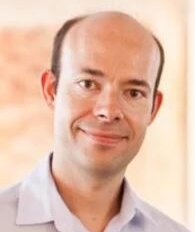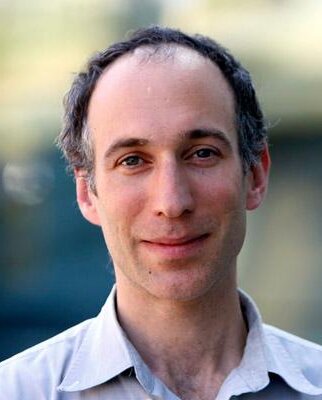Max Planck – Harvard Research Center for the Archaeoscience of the Ancient Mediterranean
abbreviated MHAAM, is a research collaboration between the MPI for Evolutionary Anthropology in Leipzig and the Initiative for the Science of the Human Past at Harvard University in Cambridge (Mass.). Researchers from the participating institutes have agreed on a minimum duration of five years, until June 2021, to jointly examine the history of the Mediterranean area in the 2nd and 1st millennium BC. The cooperation was extended until 30 June 2026. MHAAM provides common areas of action for scientists from archeology, history, and biology, by combining a multitude of methodological approaches for exploring the past.
The first settlers of the Mediterranean Sea used the unique natural landscape conditions that were created by the water as a bridge between the various regions to form extensive interaction networks. Intercultural encounters and exchanges, combined with extensive mobility of people, have characterized the development of the different cultures since then.
DNA and isotope analyses on human skeletal remains are an effective tool to explore human mobility in the past. This mobility, in turn, formed the basis for the exchange of objects, knowledge and practices. A special emphasis of this project is on the investigation of bacterial DNA. Pathogens and human mobility in prehistoric times developed a significant dynamism, which could transform entire habitats and culminate in extensive movements of populations. From the intersection of isotope, DNA and pathogen analyses, with a well-founded historical and archaeological background, the researchers will be able to draw a dynamic picture of the past.
At the core of MHAAM are three research areas:
- The first "globalization" of the eastern Mediterranean area in the late Bronze Age and early Iron Age (ca. 1600-1000 BC).
- The so-called "Phoenician" and "Greek" migrations in the early 1st millennium BC throughout the Mediterranean.
- The link between human mobility and the spread of diseases in ancient times.
The interdisciplinary character of MHAAM is already evident in the make-up of the Center’s research teams. The Directors of the MHAAM are Prof. Johannes Krause, Director of the Department of Archaeogenetics at the Max Planck Institute for Evolutionary Anthropology in Leipzig, and Professor Michael McCormick, Professor in the Department of History at Harvard University and Chair of the Initiative for the Science of the Human Past. Prof. Philipp W. Stockhammer of LMU Munich, Institute for Prehistory and Early History Archeology and Provincial Roman Archeology, and Prof. David Reich of Harvard Medical School, Department of Genetics, are the co-directors of the Center.
Max Planck - Harvard Research Center for the Archaeoscience of the Ancient Mediterranean
Introduction of MHAAM at Harvard University on
February 17, 2017
